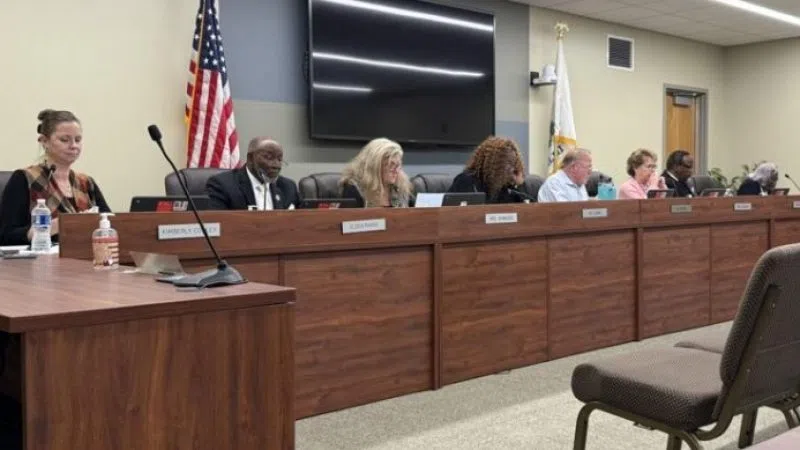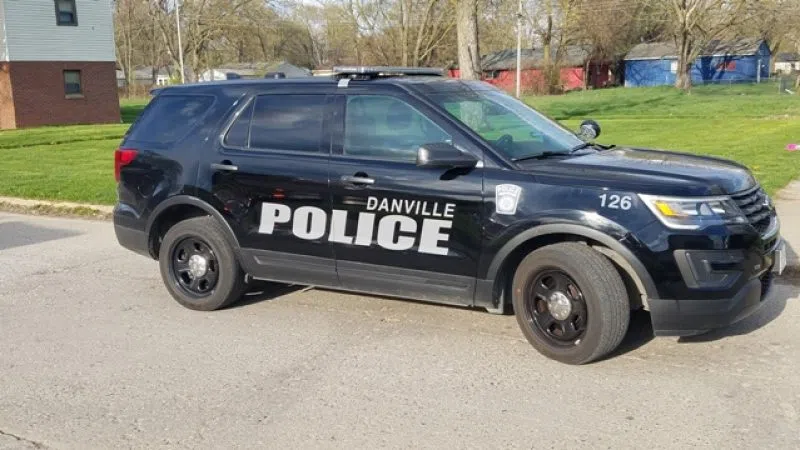With the state Senate possibly passing a package of bills they’re calling a grand bargain, the controversial compromise faces an uncertain future in the House. The senate deal includes an income tax increase, a payroll tax on businesses, pension and workers’ compensation reform. Should they get the votes in the Senate when they convene this week, all eyes will be on the House. But Democrat leadership there looks to be working on their own legislation that is centered around the already tried and failed income tax on millionaires and other taxes. House Speaker Michael Madigan, D-Chicago, has also been conspicuously quiet about the contents of the Senate deal.
The Senate’s proposed plan rakes in billions of dollars by raising the state’s income tax to almost five percent along with other taxes. They also included a two-year property tax freeze and minor reforms to pensions and workers compensation laws in an effort to court business support.
State Rep. Elaine Nekritz, D-Northbrook, said some House members are supportive of the deal at least partially because there are no other options. “There is no ‘Plan B’ right now and we need a budget,” she said.
Deputy Republican Minority Leader Dan Brady, R-Bloomington, needed more assurances about how all of the new tax money would be spent as well as stronger reforms to justify raising everyone’s taxes. “If you’re raising taxes, you’ve got to go and make sure that revenue goes to where it’s supposed to: public education, public infrastructure, and public safety,” he said. “I’ve got to see more on workers’ compensation. “
Rauner has been supportive of the Senate talks but said he wouldn’t support a tax increase without real structural reform.
Some representatives are concerned about Illinois taxpayers’ willingness to stomach another tax hike. “We lost 115,000 people last year, and we’ll continue to lose more if we raise taxes,” said State Rep. David McSweeney, R-Barrington. “The Senate plan is a travesty. It is an insult to the people of the state of Illinois.It raises $5.4 billion of revenue from the taxpayers of Illinois.”
The state has been operating on costly court-ordered spending and stopgap spending measures for more than a year and a half after the General Assembly couldn’t agree on a budget that spent less than they were taking in due to the sunset of the 2011 income tax increase.
[The above story is from Illinois Radio Network News.]










